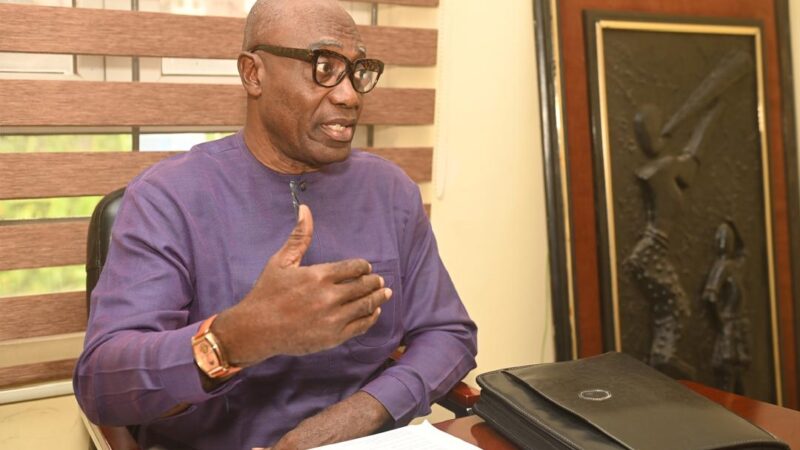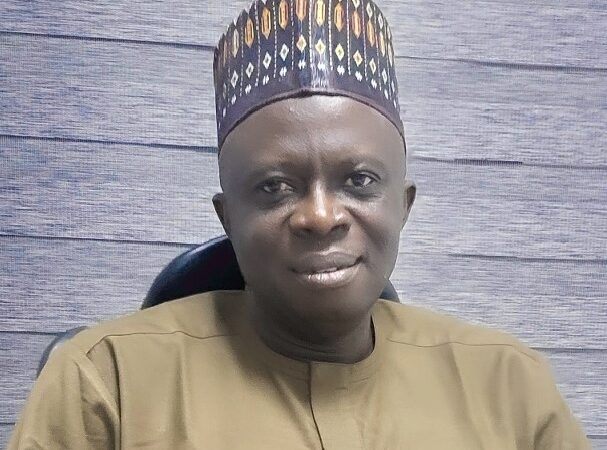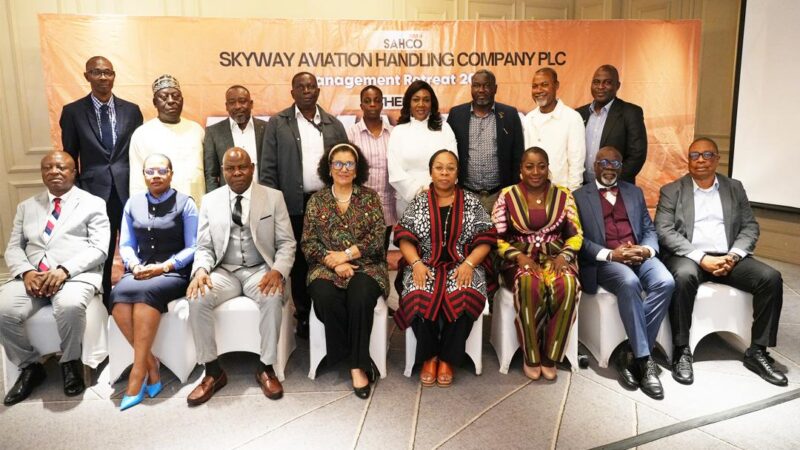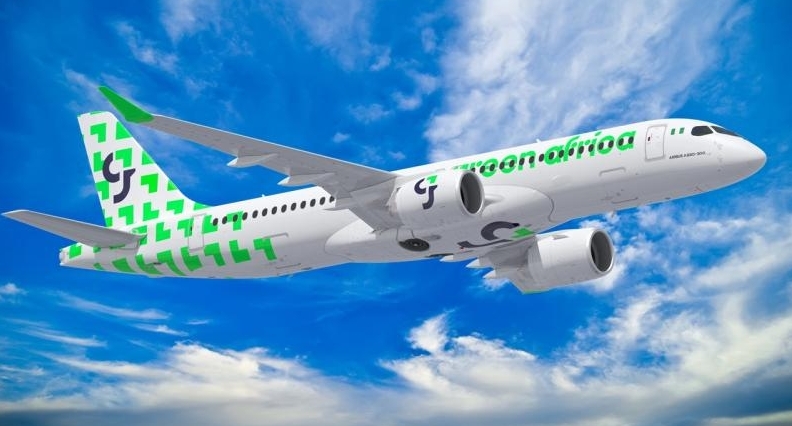NCAA Launches Nationwide Aviation Skills Programme to Empower Nigerian Youths
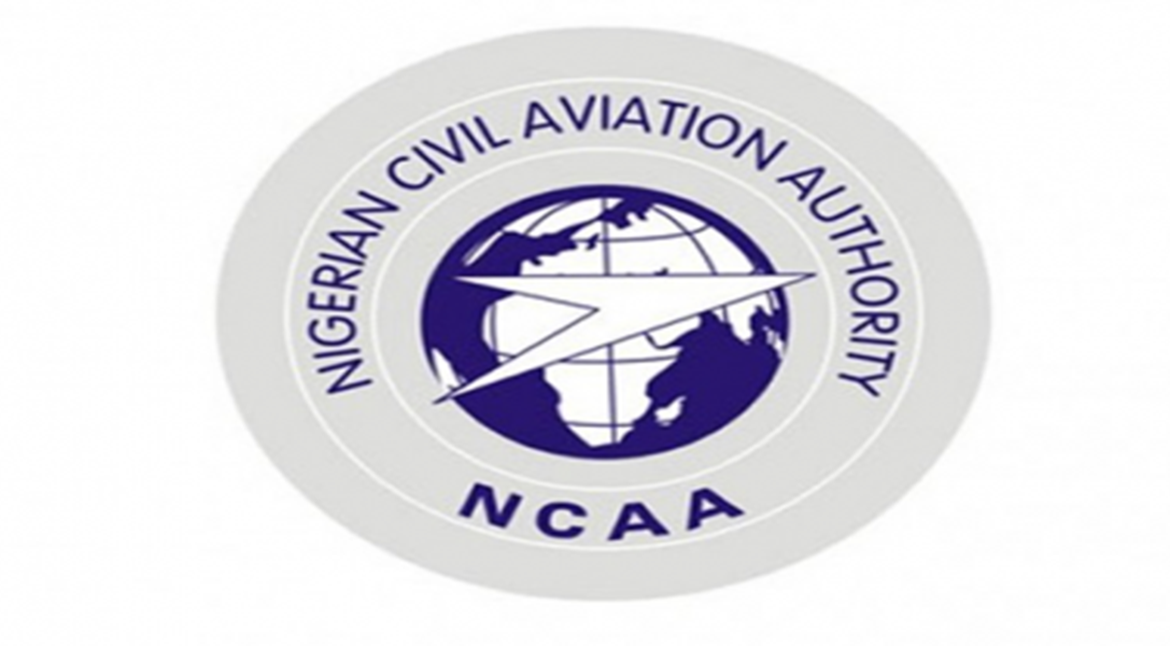
…Over 100 Youths Begin Training in Passenger Handling, Airport Protocol in Pilot Phase
The Nigerian Civil Aviation Authority (NCAA), in a move aimed at tackling youth unemployment and addressing the dearth of skilled professionals in the aviation sector, has commenced a far-reaching empowerment initiative titled the Aviation Upskilling Development Programme (AUDP).
The programme seeks to equip young Nigerians with technical and operational skills across various areas of aviation, enabling them to seamlessly transition into meaningful careers in the ever-evolving sector.
Launched in Port Harcourt on Monday, the AUDP is already training over 100 youths from airport host communities across five strategic zones – Lagos, Port Harcourt, Kano, Abuja, and Kaduna.
The initial phase focuses on Passenger and Baggage Handling as well as Airport Protocol and Logistics – essential areas that open doors to wider opportunities within aviation and related industries.
Speaking at the Port Harcourt flag-off ceremony, Director General of NCAA, Captain Chris Najomo, emphasised the urgency of bridging the skills gap in aviation.
Represented by the Director of Aerodrome and Airspace Standards (DAAS), Engr Godwin Balang, Najomo said the programme was a response to Nigeria’s dual challenge of youth unemployment and a shortage of industry-ready personnel in aviation.
“There are numerous opportunities in aviation,” Najomo told the gathering of young graduates. “But to benefit from them, you must position yourselves through skills acquisition. This programme is our way of guiding you into those opportunities.”
He noted that the initiative aligns with the February 2025 approval by the Federal Executive Council (FEC) of a national framework for youth empowerment across all Ministries, Departments, and Agencies.
In line with this directive, the Ministry of Aviation and Aerospace Development mandated its parastatals to develop youth-focused programmes tailored to the framework.
According to Captain Najomo, the targeted youth are categorised into three groups: Graduates of tertiary institutions; post-secondary but non-tertiary educated individuals; and out-of-school youths, including dropouts.
“Today’s launch focuses on the first category: graduates like you, who may have academic credentials but require practical exposure and direction,” he explained.
He went further to outline the vast scope of aviation, which, contrary to popular perception, extends well beyond pilots and flight attendants.
“The aviation industry is multidisciplinary,” Najomo stated. “It includes air traffic services, aeronautical engineering, flight operations, cabin crew training, regulatory oversight, drone technology, safety assurance, environmental compliance, and digital transformation through artificial intelligence and data analytics.”
He listed emerging fields like sustainable aviation, environmental science, meteorology, and cybersecurity as critical areas where young Nigerians could develop competencies.
“Every one of these areas needs people. Skilled people. Committed people. People like you,” Najomo declared.
The NCAA boss urged participants to start small by studying the structure and language of aviation and acquainting themselves with the roles of regulatory bodies like NCAA, NAMA, FAAN, NCAT, NiMET, and NSIB.
He recommended leveraging free resources available on their websites as well as global platforms like ICAO and IATA.
Najomo advised youths to specialise in areas of interest and master digital tools, including Microsoft Excel, safety apps, GIS, and data visualisation platforms, all of which are integral to aviation operations today.
He encouraged networking via platforms like LinkedIn, joining youth aviation groups, attending webinars, and keeping abreast of regulatory developments as steps to stay relevant and future-ready.
“Character is just as important as competence in aviation,” Najomo added, drawing from his 45 years of experience as a pilot. “Discipline, accountability, precision, and ethics are non-negotiable in this industry. Build habits that reflect integrity, punctuality, and respect for procedures.”
Highlighting NCAA’s commitment, he said the agency will continue to: Listen to youth perspectives; offer clear and practical guidance; connect them with knowledge-based opportunities; and partner with stakeholders to support skill-building.
“We will not over-promise,” he concluded. “But we will do our part – step by step – to open the space and carry young Nigerians forward into the aviation future. To every young person listening today: aviation is open to you, but you must be ready to learn, to work, and to lead. The journey may not be easy, but it is worth it. Let this programme be the bridge between where you are and where you want to go.”
With its wide reach and practical focus, the NCAA’s Aviation Upskilling Development Programme promises to transform aviation from an elite industry into a launchpad for thousands of Nigerian youths eager to soar.


